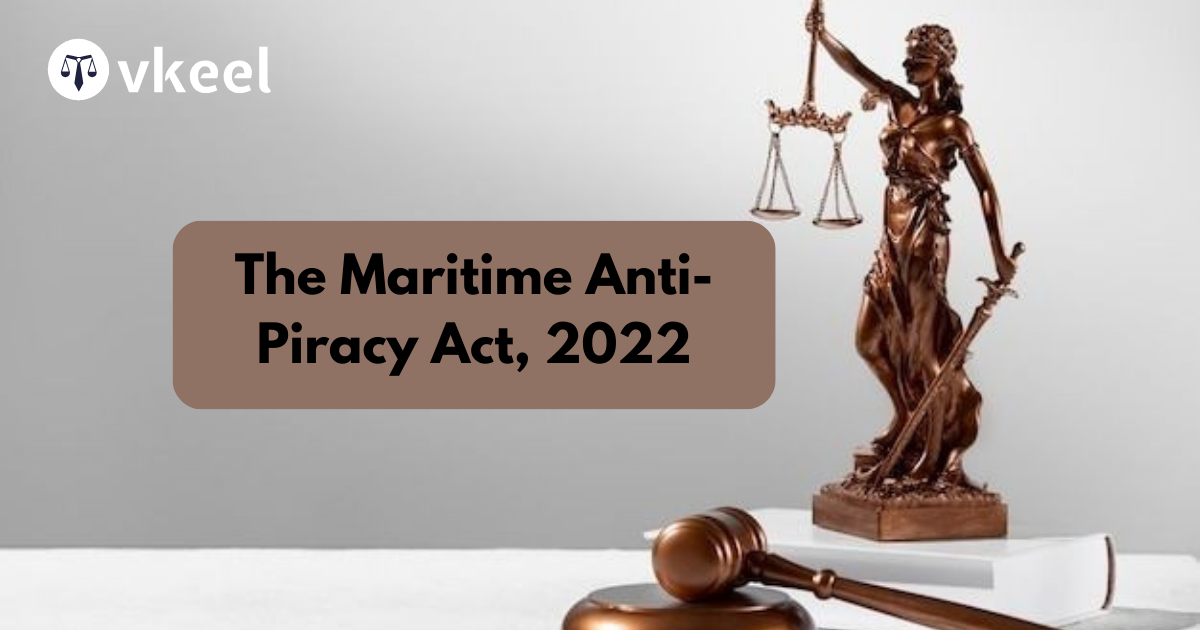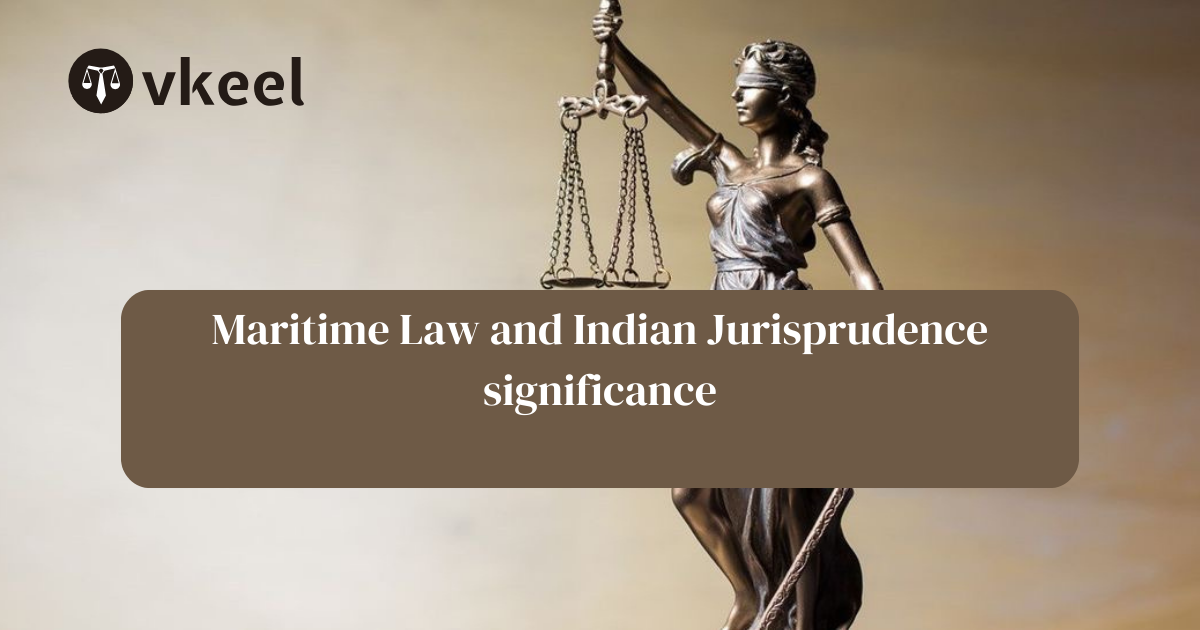The Rising Tide of Defamation Cases in Modern India: A Legal and Social Perspective
By Himanshu Kumar
Table of Contents
Introduction
Defamation, a legal concept with deep roots in the history of law, has undergone significant evolution in modern India. The rise in defamation cases reflects a society increasingly conscious of its reputation, both personal and professional, and the power of the written and spoken word in shaping public opinion. With the advent of social media and the digitization of communication, defamation has taken on new dimensions, making the legal landscape more complex and challenging.
The primary reason for the rise in defamation cases in the modern era is the exponential growth of digital communication platforms, particularly social media. These platforms have democratized expression, allowing individuals to voice their opinions and share information with a global audience instantly. However, this freedom of expression has also led to a surge in defamatory content, as the lines between private and public discourse have blurred. The anonymity and virality offered by these platforms often embolden users to make defamatory statements without fully considering the legal repercussions. The rapid spread of such content can cause significant harm to an individual’s or entity’s reputation, prompting more people to seek legal redress through defamation cases.
Another contributing factor is the increasing polarization of public discourse. In an era where political, social, and religious divisions are more pronounced, individuals and groups are quicker to take offense and resort to legal action to protect their reputation or to silence critics. This polarization, combined with a heightened awareness of legal rights, has led to a growing number of defamation suits being filed. Additionally, the misuse of defamation laws as a tool to intimidate and suppress dissent, particularly by powerful individuals or entities against journalists, activists, and critics, has further contributed to the rise in such cases.
Legal Framework Governing Defamation in India
Defamation in India is governed by both civil and criminal law. The Indian Penal Code (IPC), 1860, under Sections 499 and 500, deals with criminal defamation, while the tort law addresses civil defamation.
Criminal Defamation under IPC:
Section 499 of the IPC defines defamation as any spoken or written words or visible representations made with the intent to harm the reputation of a person. If a person is found guilty under this section, they can be punished under Section 500, which prescribes imprisonment of up to two years, a fine, or both.
Civil Defamation:
In civil law, defamation is considered a tort, and the aggrieved party can seek damages. Unlike criminal defamation, the focus here is on compensating the victim rather than punishing the offender. The burden of proof lies on the plaintiff to demonstrate that the defamatory statement was false and caused harm.
Key Case Laws on Defamation
- Subramanian Swamy v. Union of India (2016):
This landmark case challenged the constitutional validity of Sections 499 and 500 of the IPC, arguing that these provisions violated the fundamental right to freedom of speech and expression guaranteed under Article 19(1)(a) of the Constitution. The Supreme Court upheld the constitutionality of these sections, emphasizing that the right to reputation is an integral part of the right to life under Article 21. The court ruled that the criminalization of defamation is a reasonable restriction on free speech. - Shreya Singhal v. Union of India (2015):
Although this case primarily dealt with the validity of Section 66A of the Information Technology Act, 2000, it had significant implications for online defamation. The Supreme Court struck down Section 66A, which criminalized offensive online speech, as unconstitutional. This judgment highlighted the need for a balanced approach in regulating speech on digital platforms, setting a precedent for subsequent defamation cases involving online content. - Rajagopal v. State of Tamil Nadu (1994):
Also known as the “Auto Shankar” case, this judgment was pivotal in establishing the “right to privacy” as a fundamental right. The Supreme Court held that the state or its officials could not prevent the publication of a person’s life story without their consent, especially when it was based on public records. The court emphasized that public figures have a reduced expectation of privacy, but the press must ensure that their reportage does not amount to defamation. - Arun Jaitley v. Arvind Kejriwal (2016):
This high-profile defamation case involved a civil suit filed by the late Arun Jaitley, then Finance Minister, against Arvind Kejriwal and other Aam Aadmi Party (AAP) leaders for allegedly making defamatory statements against him. Jaitley sought damages of ₹10 crores. The case underscored the political dimensions of defamation suits in India, where such cases are often filed by public figures to protect their reputation or as a tool to silence criticism.
The Role of Social Media and the Internet
The advent of the internet and social media platforms has revolutionized communication, offering unprecedented freedom to express opinions and share information. However, this freedom has also led to a surge in defamation cases, as the lines between private and public discourse have blurred.
Social media platforms like Twitter, Facebook, and Instagram have become breeding grounds for defamatory content. The anonymity provided by these platforms often emboldens individuals to make defamatory statements without considering the legal consequences. Moreover, the virality of online content means that defamatory statements can reach a vast audience in a short span of time, causing irreparable damage to a person’s reputation.
The Indian judiciary has grappled with the challenges posed by online defamation. Courts have increasingly held intermediaries like social media platforms liable for hosting defamatory content, unless they promptly remove such content upon receiving a court order or a complaint. The Information Technology (Intermediary Guidelines and Digital Media Ethics Code) Rules, 2021, have further tightened the regulatory framework, mandating intermediaries to exercise greater due diligence in monitoring and removing harmful content.
Amendments and Legislative Developments
While the basic structure of defamation law in India has remained largely unchanged, there have been significant legislative developments and amendments aimed at addressing the challenges posed by modern communication technologies.
- Information Technology Act, 2000:
The IT Act was a pioneering piece of legislation aimed at regulating electronic commerce and digital communication. While the Act itself does not directly address defamation, Section 66A (now struck down) and Sections 69A and 79 have had implications for online defamation. Section 79 provides immunity to intermediaries for third-party content, subject to certain conditions, making it a crucial provision in online defamation cases. - Intermediary Guidelines and Digital Media Ethics Code, 2021:
These rules were introduced to bring greater accountability to social media platforms and digital news outlets. They require intermediaries to implement a grievance redressal mechanism, appoint a compliance officer, and take down harmful content within 36 hours of receiving a court order or a government directive. These rules have been criticized for potentially curbing free speech but are seen as a necessary step to combat the menace of online defamation. - The Draft Personal Data Protection Bill, 2019:
Although primarily focused on data privacy, this bill has implications for defamation, especially in the context of the “right to be forgotten.” If enacted, individuals may have the right to request the removal of personal data that is inaccurate, irrelevant, or defamatory. This could offer a new legal remedy for victims of online defamation, although it also raises concerns about censorship and the erasure of public records.
The Socio-Cultural Context of Rising Defamation Cases
The rise in defamation cases in India cannot be understood in isolation from the broader socio-cultural context. Several factors have contributed to this trend:
- Increased Awareness of Legal Rights:
There is greater awareness among citizens of their legal rights, including the right to protect their reputation. This has led to a rise in the number of individuals and entities willing to pursue defamation cases to seek redress for perceived slights. - The Polarization of Public Discourse:
The polarization of public discourse, especially on social media, has led to a surge in defamatory statements. Political, religious, and social divisions are often played out in the public domain, with individuals and groups quick to take offense and resort to legal action. - The Weaponization of Defamation:
Defamation suits are increasingly being used as a tool to silence critics, journalists, and whistleblowers. Strategic lawsuits against public participation (SLAPPs) are on the rise, where powerful individuals or corporations file defamation cases to intimidate and harass those who speak out against them. - The Erosion of Civil Discourse:
The erosion of civil discourse, fueled by the anonymity and reach of social media, has led to a decline in respectful dialogue. The ease with which defamatory content can be published and shared has contributed to the increase in defamation cases.
Conclusion
The rise in defamation cases in modern India reflects the complexities of a society in transition. The tension between the right to free speech and the right to protect one’s reputation is at the heart of this issue. While the legal framework governing defamation has evolved to address new challenges, particularly those posed by digital communication, the judiciary must continue to strike a balance between these competing rights.
As defamation cases continue to rise, there is a need for greater public awareness of the legal consequences of defamatory speech, especially online. At the same time, the law must ensure that defamation suits are not misused to stifle legitimate criticism and debate. The future of defamation law in India will depend on the ability of the legal system to adapt to the changing landscape of communication while upholding the fundamental principles of justice and fairness.
Disclaimer:
The information provided in the article is for general informational purposes only, and is not intended to constitute legal advice or to be relied upon as a substitute for legal advice. Furthermore, any information contained in the article is not guaranteed to be current, complete or accurate. If you require legal advice or representation, you should contact an attorney or law firm directly. We are not responsible for any damages resulting from any reliance on the content of this website.









